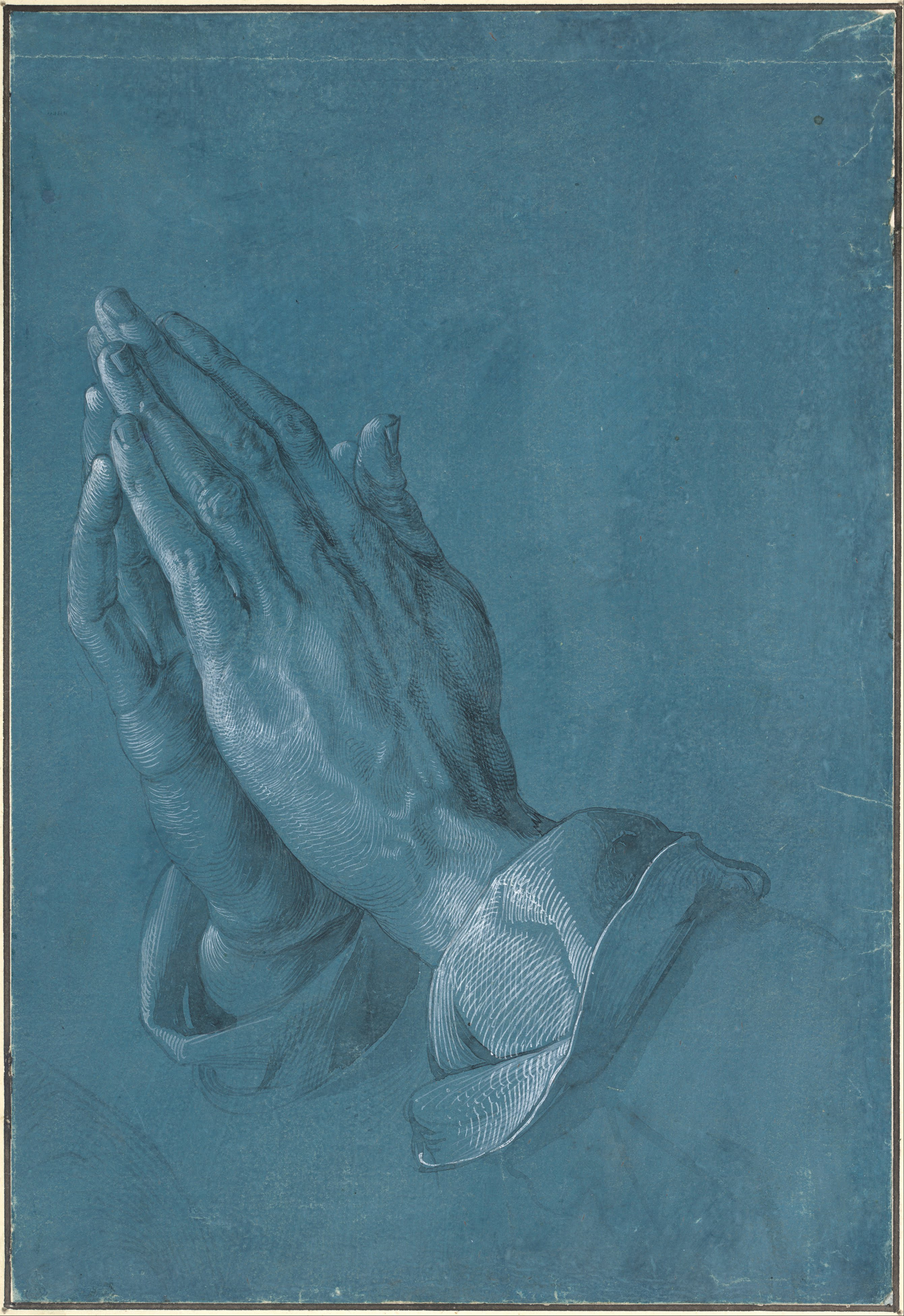You are gods (Ps 82:6)
/St. Michael’s Church, Hildesheim Germany Adam and Eve (1192 AD)
If we remain faithful to their ancient interpretation, these words have nothing to do with becoming super-beings or small divinities. The original meaning has been misconstrued, particularly today where the cult has become the self and modern technology is promoting the culture of ‘self-deification’. We shamelessly glorify ourselves, overestimate our capacities, and take pride in the making of idols. We have warped and twisted the inspiration behind this astounding indication of our potential as sons and daughters of God: you are gods (Ps 82:6). The lessons of the creation account are connected to the ethical dimensions of life, but the implications apply also to other attributes of the Creator. Being made in the image and likeness of God (Gen 1:26), that is, having god-likeness, has no end of possibilities. The previously unapproachable “I AM” reveals Himself to Moses (Ex 3:14). He invites worship and glorification and seeks to be made known universally. These outward qualities fundamentally to do with the invitation to commune with Him, are also breathed into us. However, these external attributes in Adam and Eve are suffered in a finite existence which makes them inherently unnatural and so they are corrupted and misused. ‘Worship’ and ‘glorification’ for the created order signify the natural yearning to be loved and yes, to be sometimes acknowledged for a job well done. It does not mean to hunger and to lust over fame and adulation. It does not mean to seek dictatorship or lordship over people. The creation account also tells of an infamous figure, “the serpent” (Gen 3). This was precisely its downfall, it sought to usurp the authority and glory which alone belong to God, but the serpent also sought to convince those who would listen that they were gods in essence themselves. The desire for unrestrained power is at the core of this story. When our fleshly body, infirm and perishing from the moment it enters the world looks to seize at these divine properties, the outcome will invariably result in catastrophic loss. We are to put it simply, not built to live with the ‘shock’ or ‘attraction’ of being called a ‘god’. Physically at least, we witness this phenomenon today when a person wants to remain forever young, and burns his or her face into an almost unrecognizable and featureless visage. Extreme pride, which is connected to hubris and arrogance, can disfigure both the flesh and spirit. It is a denseness of our sensibilities. I will continue to exist not because I will transmogrify into a soulless machine nor because I might be well regarded by the world, but because I have created and left behind good and enduring works which like healthy seeds are not ended when pushed into the earth. You are gods might be transliterated: You have come forth from Me, the great “I Am”, and so you possess all that you need to become the best you can. This is the one necessary step towards the ultimate goal of divinization- to become the best we can- which is to experience something of the Creator’s divine energies, and the one true aim for those who wish to imitate the Christ.


